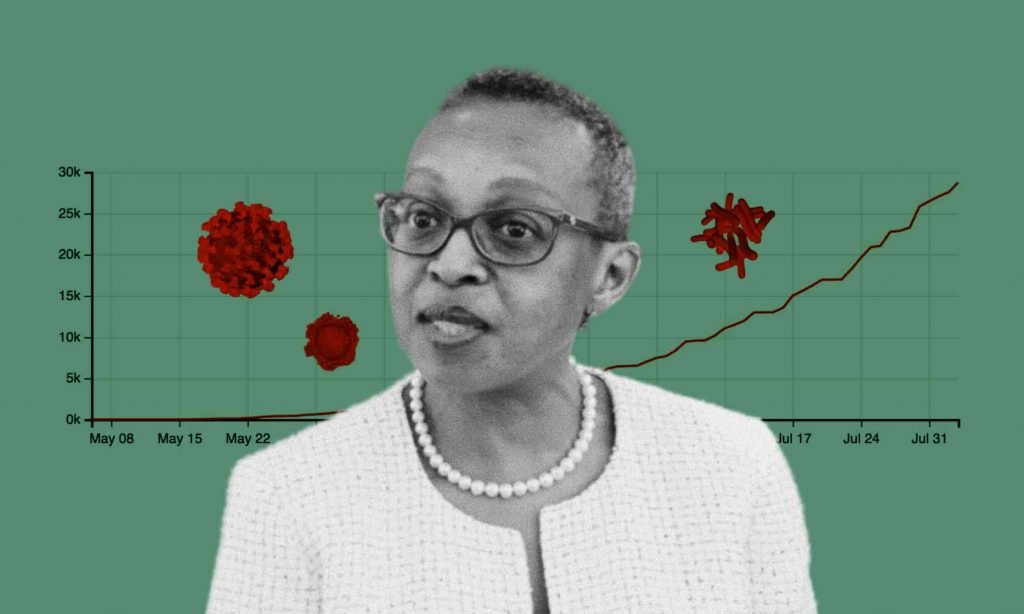On July 14, the World Health Organisation’s regional director for Africa, Matshidiso Moeti, warned of a growing risk of serious pathogenic outbreaks on the continent, which are being caused by human proximity to wild and domesticated animals.
The WHO reported that zoonotic outbreaks on the African continent increased by 63% from 2012 to 2022 compared to the previous decade.
The global situation was also alarming with pathogens found in animals responsible for more than 60% of human infectious diseases, and more than 75% of emerging infectious diseases.
The WHO noted that these diseases sicken about one billion people every year, while killing millions of them.
Unlike Monkeypox, which was declared a Public Health Emergency of International Concern by the WHO Director-General on July 23, and other diseases whose names clearly indicate their animal origins, many like Aids and Ebola, do not; so for many people these diseases are just a natural hazard.
This cannot be further from the truth. Six out of 10 infectious diseases in humans are zoonotic and the contagion is not casual: it is deeply rooted in our unhinged and relentless abuse of animals, which is, of course, also one of the chief causes of climate change.
The WHO and the UN should do more than just caution about venturing into the wild.
Much more needs to be done to educate and legislate in order to stop humanity from abusing and exploiting animals and killing ourselves in the process. In the words of James E. Lovelock, who developed the Gaia hypothesis:
“Unfortunately, we are a species with schizoid tendencies, and like an old lady who has to share her house with a growing and destructive group of teenagers, Gaia grows angry, and if they do not mend their ways, she will evict them.”




















